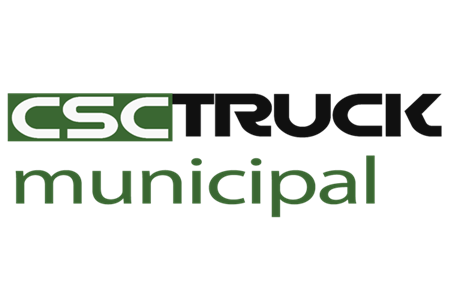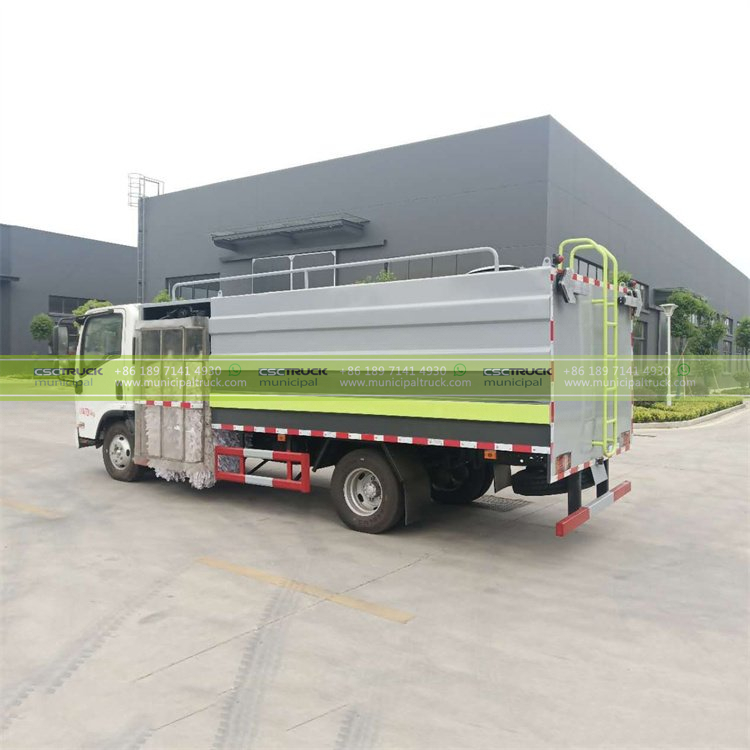In the realm of industrial and agricultural maintenance, efficiency and precision are paramount. Fence sweeper trucks have emerged as specialized tools designed to address a unique challenge: maintaining the integrity and cleanliness of perimeter fencing across vast properties. These vehicles, equipped with rotating brushes, high-pressure sprayers, and debris collection systems, offer targeted solutions for preserving fences while reducing labor costs and environmental impact. This article explores the key advantages of these innovative machines and their role in modern infrastructure management, alongside complementary equipment like road sweeper trucks and airport sweeper trucks that serve distinct but equally vital roles.
1. Enhanced Operational Efficiency in Large-Scale Maintenance
Fence sweeper trucks revolutionize the way organizations manage perimeter upkeep, particularly in sectors where fencing spans miles of terrain. Traditional methods—manual labor or repurposed agricultural machinery—are time-consuming and labor-intensive. In contrast, a single fence sweeper truck can clean 10–15 miles of fencing daily, a task that would otherwise require dozens of workers.
Key Features Driving Efficiency
- Automated Brush Systems: Adjustable rotating brushes scrub both sides of fences simultaneously, removing dirt, weeds, and organic debris.
- Debris Collection Integration: Built-in vacuums or conveyor belts capture dislodged material, preventing secondary cleanup.
- GPS-Guided Navigation: Ensures consistent coverage along fence lines, even in low-visibility conditions.
For agricultural operations managing livestock enclosures or solar farms with extensive security perimeters, this efficiency translates to 60–70% reductions in annual maintenance costs. The trucks also minimize downtime, as they operate in all weather conditions—unlike manual crews hampered by rain or extreme heat.
2. Preventative Maintenance and Extended Fence Lifespan
Fences are critical infrastructure investments, yet they are often degraded by overlooked factors like invasive plant growth, moisture retention, and corrosion. Fence sweeper trucks provide preventative maintenance that addresses these issues at their source.
Combatting Common Threats
- Vegetation Control: Regular removal of climbing vines and weeds prevents root systems from destabilizing fence posts.
- Corrosion Prevention: High-pressure washing eliminates salt, chemicals, and moisture that accelerate rust on metal fences.
- Structural Integrity: Clearing debris from baseboards reduces soil erosion and prevents leaning or collapse.
Studies on ranch fencing in Texas showed that properties using fence sweeper trucks every 90 days extended their fence lifespan by 8–12 years compared to those relying on annual manual cleanings.
3. Environmental and Safety Benefits
Beyond preserving infrastructure, fence sweeper trucks contribute to ecological and operational safety in ways often underestimated.
Wildfire Risk Mitigation
In drought-prone regions, dry grass and brush clinging to fences act as fuel for wildfires. By clearing this material, fence sweeper trucks reduce fire ignition risks—a critical measure for farms, national parks, and utility companies. California’s Department of Forestry reported a 22% decrease in fence-related wildfires in areas using automated sweeper systems.
Pest and Disease Control
Overgrown fencing harbors rodents, ticks, and invasive insects. Regular sweeps disrupt breeding grounds, lowering the need for chemical pesticides. Dairy farms using these trucks saw 34% fewer tick-borne illnesses in livestock, according to a 2022 USDA study.
Regulatory Compliance
Industries like oil and gas must adhere to strict environmental protocols. Fence sweeper trucks help maintain “clear zones” around facilities, ensuring compliance with agencies like the EPA.
4. Versatility Across Industries and Terrains
The adaptability of fence sweeper trucks makes them indispensable across diverse sectors, each with unique fencing needs.
Agricultural Applications
- Livestock Management: Clean fences prevent injury to animals from protruding debris.
- Crop Protection: Removing weeds reduces competition for water and nutrients near crop borders.
Energy and Infrastructure
- Solar Farms: Maintaining perimeter security fencing free of vegetation prevents shading and fire risks.
- Railways: Clearing brush along trackside fences improves visibility and reduces collision risks.
Urban and Recreational Use
- Public Parks: Ensuring fences are free of litter and graffiti enhances community safety and aesthetics.
- Sports Facilities: Maintaining boundary fencing for golf courses or stadiums preserves professional standards.
Much like road sweeper trucks maintain pristine highways or airport sweeper trucks ensure runway safety, fence sweeper trucks fill a specialized niche in infrastructure care. Their ability to combine mechanical precision with environmental stewardship positions them as critical tools for organizations prioritizing efficiency, safety, and sustainability. As industries continue to grapple with the demands of large-scale maintenance, these vehicles exemplify how targeted innovation can yield outsized returns—preserving both physical assets and the ecosystems they inhabit.






